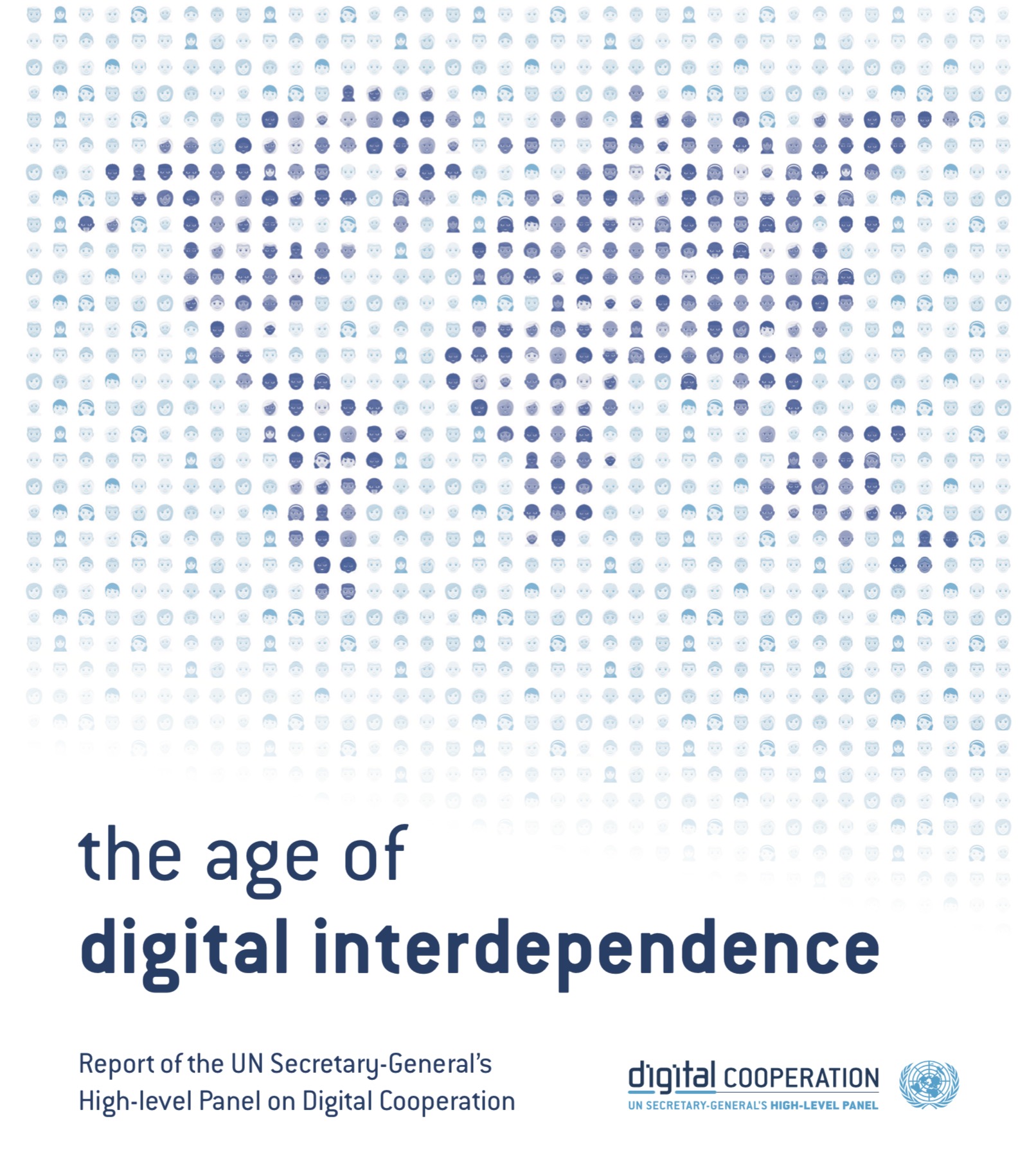On Monday 24 June 2019, Anne-Marie Buzatu Senior Advisor for ICT4Peace attended the event Unpacking the High-Level Panel’s Report: Contributions from Geneva hosted by the Geneva Internet Platform, in conjunction with the Permanent Mission of Switzerland to the UN, the State of Geneva, the EU Delegation to the UN in the Geneva, ETH Zürich and the Ecole Polytechnique fédérale de Lausanne (EPFL).
Organizers convened the event to present the recommendations of “The Age of Digital Interdependence”, the report recently released by the UN Secretary-General’s High-Level Panel on Digital Cooperation, and to get further feedback on the report from different stakeholders. Convened by UN Secretary-General Antonio Guterres, the High-Level Panel has spent the past eleven months exploring ways to strengthen cooperation in cyberspace among governments, the private sector, civil society, international organizations, academia, the technical community and other relevant stakeholders. As part of this process, in January 2019 ICT4Peace submitted a set of reflections and recommendations to the High-Level Panel, which can be found here.
The resulting High-Level Panel report contained recommendations for better cooperation in cyberspace. ICT4Peace is happy to note that several of the recommendations included in its submission were taken up by the report, in particular, to build human and institutional capacity for those from developing countries. The High-Level Panel report also outlined three models for better cooperation and governance within the interconnected network. At the event, ICT4Peace stressed the importance of taking a human security approach in developing governance frameworks. See also the ICT4Peace Paper on Digital Human Security by Barbara Weekes in this regard.
ICT4Peace congratulates the High-Level Panel on the report and looks forward to participating in the Panel’s work to implement its recommendations.
ICT4Peace has been working with the United Nations since 2007 with strategic input, stocktaking exercises, evaluations and workshops to strengthen the use of ICTs by the UN to better implement its mandate, including humanitarian aid structures, peacekeeping and peace-building, human rights protection and prevention of use of ICTs for terrorist purposes etc. Pioneering output includes, inter alia, working with the UN on crisis information management platforms, developing the Crisis Information Management Strategy of the UN Secretary General in 2009 (A/65/491),

